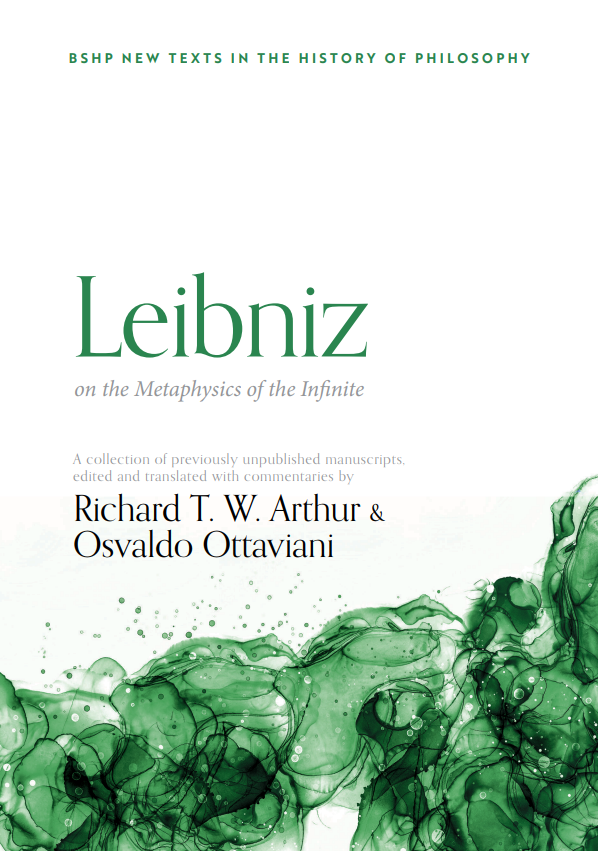Leibniz on the Metaphysics of the Infinite

Leibniz on the Metaphysics of the Infinite
Gottfried Wilhelm Leibniz (1646-1716) is famous in mathematics predominantly for his invention of the differential calculus, and in philosophy for his metaphysics of monads and system of pre-established harmony. But at the heart of his thinking in both fields lay his profound meditations on the infinite. In the 1690s Leibniz was engaged in promulgating his thought on the infinite in both its mathematical and its philosophical aspects. On the one hand, he had advertised his intention to write a treatise on the Science of the Infinite, De scientia infiniti, in which he would give an account of the foundations of mathematics. On the other, he was much occupied in the same years with promoting his own metaphysical system, both as the foundation for his new science of dynamics in his revised conception of substance, and as a superior alternative to the occasionalism of Malebranche and Sturm.
The selection of papers presented here should therefore be of great interest to scholars, since it contains material relevant to both projects, as well as throwing light on their interrelation. It consists of twelve texts written by Leibniz in the 1690s and early 1700s, none of which has appeared before in English translation. Ten of these are translations from new transcriptions made from original Latin manuscripts in the Leibniz Archives in Hanover (plus the texts given in Appendices 2 and 4); the remaining two are selections from Leibniz’s correspondence with Johann Bernoulli, and excerpts from his written interchange with Gabriel Wagner, both translated from the Latin text of the Akademie edition. Each of the selected papers is accompanied by a detailed commentary explaining its significance for understanding Leibniz’s thought, including substantial quotations from related sources and situating the text in relation to other writings in the Leibnizian corpus.
